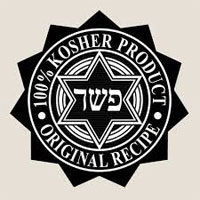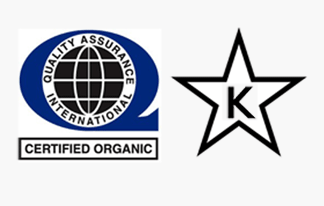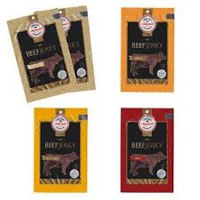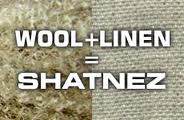As we sit down to enjoy a crisp, green salad or prepare to garnish a dish with a fresh sprig of parsley, probably the last thing on our minds at that time is insects. But insects should actually be foremost on our minds, as the act of eating insects, as we shall explain here, violates a very serious set of prohibitions. Let’s start from the beginning.
The Torah expressly forbids Jews from eating insects (tolayim). In Leviticus 11:41, we are told, “And every swarming thing that swarms upon the earth is a detestable thing; it shall not be eaten.” Any food known to be subject to insect infestation, therefore, cannot be eaten until the insects have been removed.
But what if you’re not sure? What is the status of a food item that is only suspected of containing an insect? Are you obligated to check the item to determine the presence of an insect, or can […]














 STAR-D
STAR-D STAR-S
STAR-S